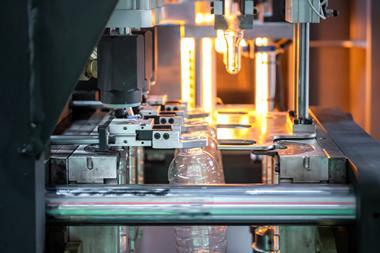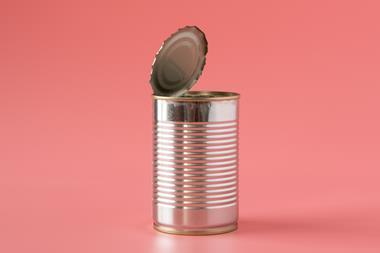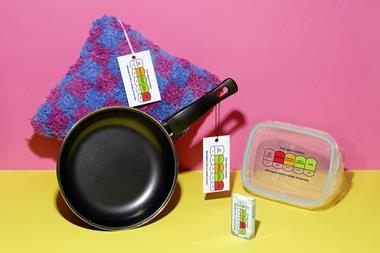The European Commission is proposing a ban on the use of the endocrine disruptor bisphenol A (BPA) in food contact materials, including plastic and coated packaging. The measure also addresses the use of other bisphenols in food packaging to avoid replacing BPA with other harmful substances. This action follows the European Food Safety Authority’s (Efsa’s) opinion, published in April of last year, which identified BPA as a concern for human health, including the immune system.
The public consultation began on 9 February and is open until 8 March. The commission will then seek approval for the proposal by member states.
‘The prohibition of BPA will consequently result in business operators needing to identify substances, in particular other bisphenols and their derivatives, to replace BPA in the food contact materials and articles where it is currently used,’ the commission’s draft proposal reads.
BPA is used in everything from plastic and metal food containers to reusable water bottles and drinking water pipes.
The commission is proposing that BPA be barred from food contact materials with a three-year transition period for varnishes, coatings and professional food production equipment. The phase in for all other uses would be 18 months, with exemptions for the disodium salt of BPA to manufacture polysulfone resins for plastic food contact membranes, as well as for continued synthesis of bisphenol A diglycidyl ether – a compound that can be used to manufacture epoxy-based varnishes and coatings that are already restricted under a separate regulation.
A few months after Efsa’s finding last year, the European Environment Agency warned that up to 100% of people taking part in EU human biomonitoring study from 11 European countries were likely exposed to BPA above safe health levels, describing public exposure to the chemical as ‘well above’ acceptable safety levels.

















No comments yet